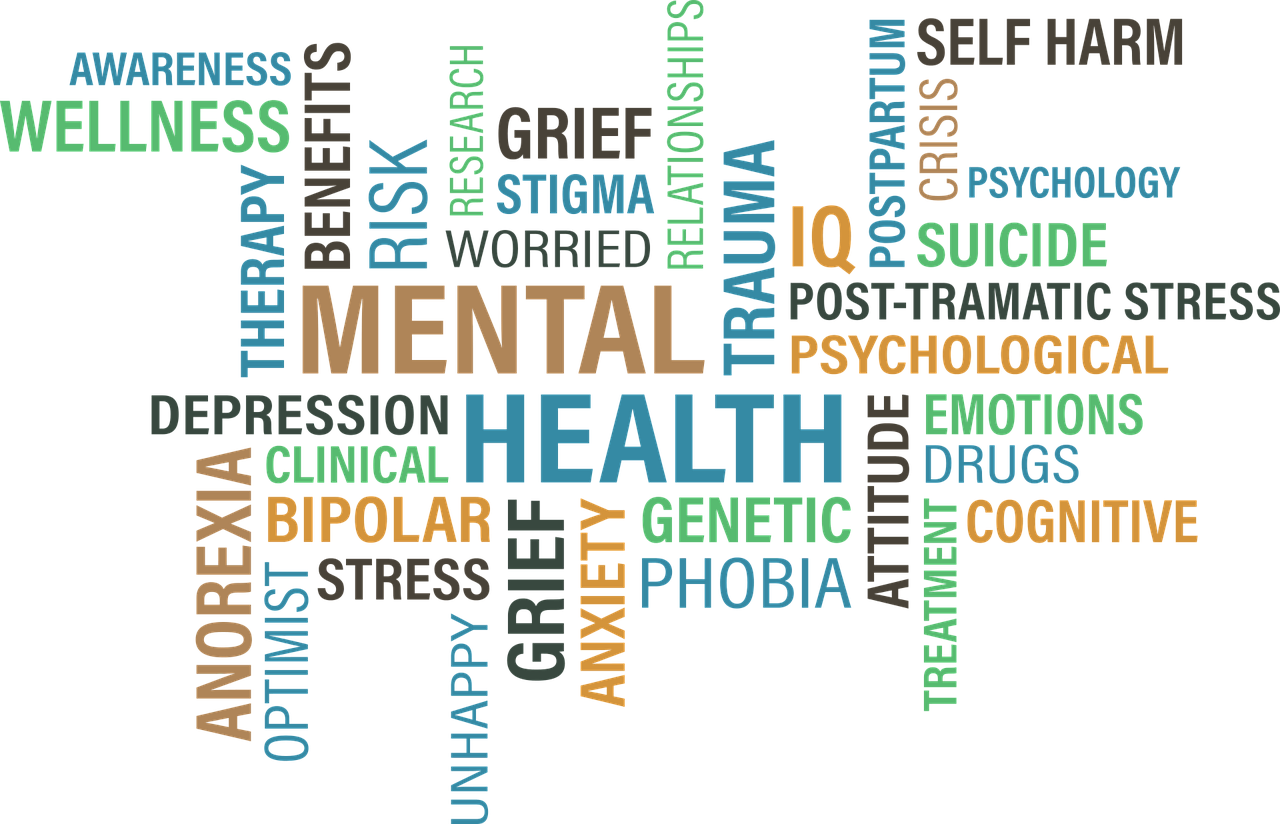Mental health emergencies are situations where an individual’s psychological state requires immediate attention and intervention. As mental health awareness continues to grow, understanding and addressing these emergencies is essential for the well-being of those affected. Mental Health First Aid (MHFA) is an invaluable skill that equips individuals with the knowledge and techniques to provide support and care during a psychological crisis. In this comprehensive guide, we will discuss the four most common mental health emergencies, the importance of mental health first aid, and how to effectively respond to each crisis situation.
1. Panic Attacks
What are Panic Attacks?
A panic attack is a sudden surge of intense fear or discomfort that peaks within minutes. It is often characterized by a range of physical and emotional symptoms, including palpitations, sweating, shaking, shortness of breath, and an overwhelming fear of dying or losing control.
The Element of Uncertainty
One of the reasons panic attacks are considered mental health emergencies is their unpredictable nature. Panic attacks can occur without warning, whether a person is in a calm or anxious state. This uncertainty makes it difficult for individuals to control their panic and seek help, especially in public settings.
Risks of Panic Attacks
Panic attacks can pose significant risks, especially when they occur while performing activities that require focus and coordination, such as driving or operating heavy machinery. The sudden onset of panic can lead to accidents and injuries, highlighting the importance of crisis first aid in these situations.
2. Suicidal Thoughts and Behaviors
Suicide Statistics
In many countries, suicide is among the leading causes of death, particularly among young people. Suicidal thoughts and behaviors often coexist with other mental health disorders, such as depression, anxiety, eating disorders, and bipolar disorder.
Recognizing Suicidal Behaviors
Suicidal behavior can manifest in various ways, making it crucial to recognize the signs and provide mental health first aid. These behaviors may include:
- Frequent mentions of self-harm or suicide
- Researching methods to end one’s life
- Writing farewell letters to loved ones
- Giving away cherished possessions or pets
- Engaging in reckless, high-risk activities, such as speeding or substance abuse
3. Traumatic Experiences
What Constitutes a Traumatic Experience?
Traumatic experiences are sudden, catastrophic events that can have life-threatening consequences. Examples include natural disasters, sexual assault, serious physical injuries, and acts of terrorism. Witnessing or directly experiencing these events, or learning about them happening to a close friend or family member, can result in mental health emergencies.
Post-Traumatic Stress Disorder and Acute Stress Disorder
Individuals exposed to traumatic events are at risk of developing Post-Traumatic Stress Disorder (PTSD) or Acute Stress Disorder (ASD). These conditions can severely impact a person’s mental and emotional well-being, making prompt crisis first aid vital.
Vulnerable Professions
Certain professions, such as police officers, emergency room doctors, and first responders, involve frequent exposure to traumatic events. As a result, individuals in these fields are more susceptible to PTSD and ASD, emphasizing the importance of mental health first aid training in these industries.
4. Substance Abuse
The Connection Between Substance Abuse and Mental Health
Many individuals experiencing mental distress turn to alcohol or other harmful substances as a coping mechanism. Substance abuse can be both a symptom of and a contributing factor to mental health emergencies.
Substance Abuse and Suicide
Substance abuse can also be an indicator of suicidal thoughts and behaviors. As a mental health first aider, recognizing the early warning signs of substance abuse and depression can help prevent drug-induced suicides or other complications from substance misuse.
The Importance of Mental Health First Aid
Lifesaving Skills
Mental health first aid is a crucial skill that empowers individuals to respond effectively to psychological crises. By recognizing the signs of mental health emergencies and providing appropriate support, mental health first aiders can potentially save lives and prevent further harm.
Building Confidence
With the proper training, mental health first aiders can confidently assist individuals experiencing psychological crises. This confidence can make a significant difference in the outcome of a mental health emergency.
Seeking MHFA Training
Choosing the Right Training Provider
To become a skilled mental health first aider, it is essential to receive training from a reputable provider. Carefully research your options and select a training program that best aligns with your needs and goals.
Training Duration
Standard MHFA training typically lasts approximately 12 hours, during which participants learn how to identify and respond to various mental health emergencies.
In Conclusion
As mental health awareness continues to grow, understanding the four most common mental health emergencies and the importance of mental health first aid is crucial. By recognizing the signs of psychological crises and providing appropriate support, mental health first aiders can make a significant difference in the lives of those affected. With proper training, anyone can become a confident and effective mental health first aider, ready to assist individuals in need during their most vulnerable moments.
Stepping up to the challenge of being someone’s lifesaver could get a little overwhelming. However, with the right training from the right training provider, you can confidently show up for the job. Call us on 07 5499 2406 for more details.
Access Mental Health Awareness Books from Amazon: Mental Health Books












